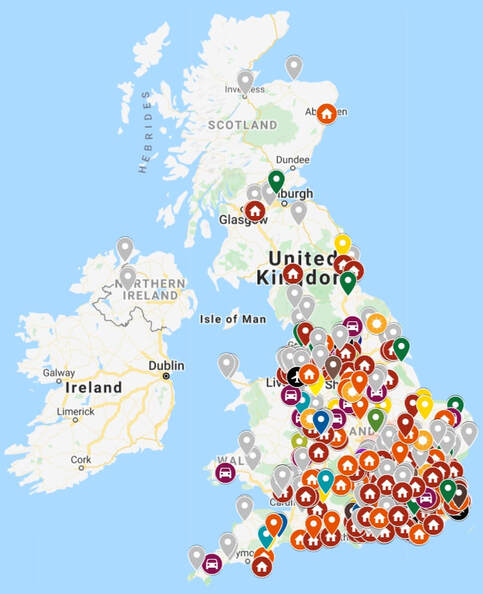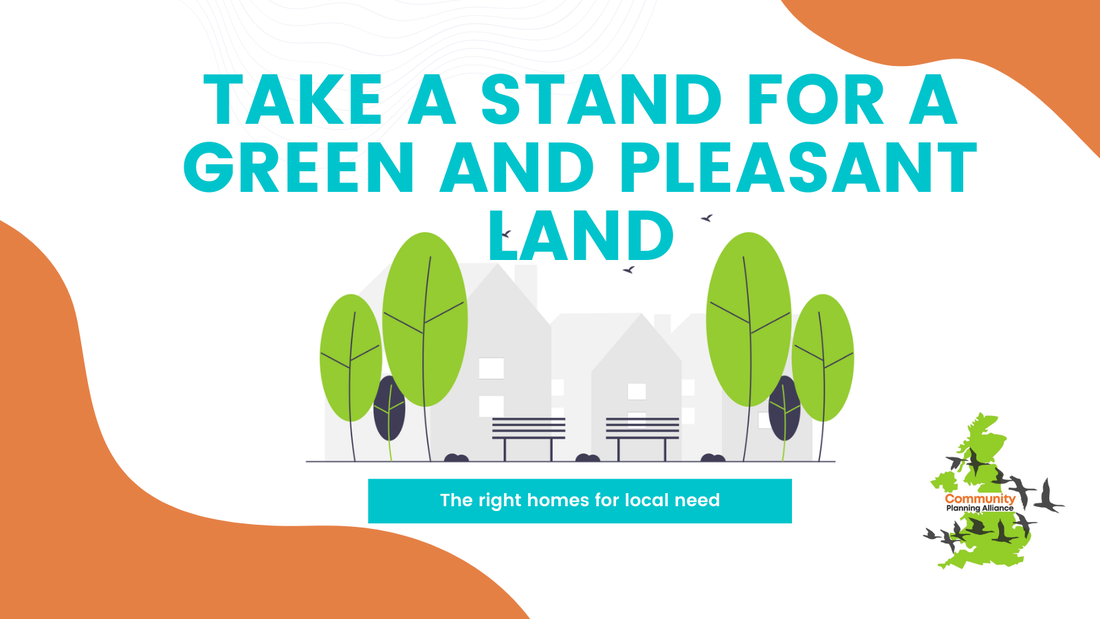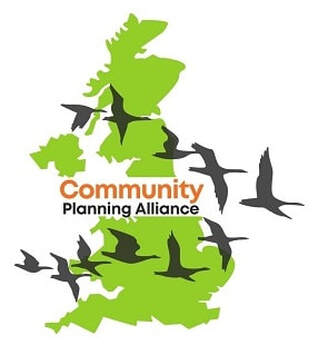700 Local Campaign Groups Fighting To Save Their Green Spaces!
|
Throughout the UK, a rapidly growing number of grassroots campaign groups have taken up the fight to save their green spaces before it is too late. Each one has found themselves alone, fighting environmental battles, whilst facing the expertise and spending power of the Developers, their own Councils and, ultimately, the Government.
Founded in March 2021 to unite and assist grassroots campaigners, the Community Planning Alliance is a not-for-profit, volunteer-run group whose aim is to help level the planning playing field, enabling more communities to be more successful. Our very first action was to begin mapping the campaign groups, inviting them to self-list their details so that we could get an idea of the strength of feeling around the country. By December 2021, a total of 550 groups had registered, and the map had been viewed more than 200,000 times, showing the alarming national situation very starkly.
|
|
Seeing the incredible number of people prepared to stand up and fight, both for their communities and for nature, has only strengthened our resolve. Firstly, to assist the campaign groups in their campaigns against the Developers, and secondly, to lobby for change in the Planning System. Ultimately, we want to see planning done by communities, not to them. This is what we are working on now!
















